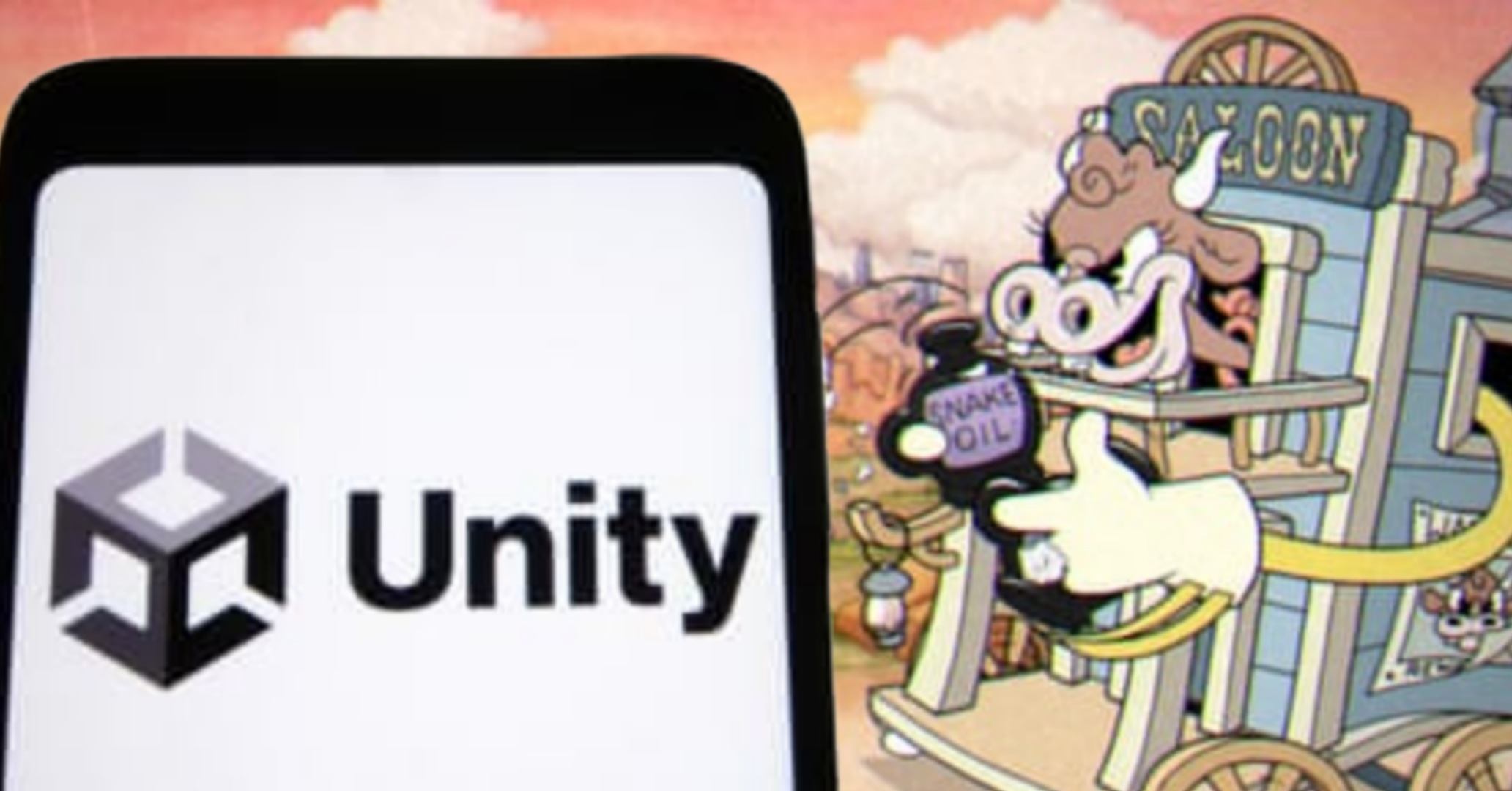
Unity, the widely used cross-platform game engine, has announced significant changes to its fee structure, leading to frustration among indie developers worldwide. The company has introduced a new fee called the ‘Unity Runtime Fee,’ which will charge game studios each time a game developed on their engine is installed. This revised pricing model is set to take effect on January 1, 2024, with varying install costs based on different subscription tiers. While this fee only applies to a specific group of developers who surpass designated sales or download thresholds, many developers are expressing discontent, citing the lack of clarity and potential financial strain this could impose. Some argue that a revenue-sharing model would have been a fairer approach.
Unity addressed the issue, stating, “Yes, this is a price increase and it will only affect a small subset of current Unity Editor users. Today, a large majority of Unity Editor users are currently not paying anything and will not be affected by this change.” The thresholds for the fee are based on the developer’s chosen subscription plan. Smaller creators using Unity Personal and Unity Plus will be required to pay $0.20 per download once their game surpasses $200,000 in revenue within a year and reaches 200,000 installs. This could potentially amount to around $40,000 in annual payments to Unity. In contrast, AAA developers utilizing Unity Pro and Unity Enterprise accounts will face thresholds of $1 million in revenue and 1 million lifetime installs before the Runtime Fee applies.
The rationale behind this fee, as explained by Unity, is that each game download also entails the installation of the Unity Runtime. They argue that an initial install-based fee allows creators to retain ongoing financial gains from player engagement, unlike a revenue-sharing model. Unity initially indicated that deleting and reinstalling a game on the same system would count toward the charge, but later clarified that developers would only be charged for the initial install. However, if the same game is downloaded on different systems, additional charges will apply.
Developers have raised concerns about how these rules could potentially lead to bankruptcy, as it could be exploited by pirating a game, downloading and deleting it repeatedly on various systems to accumulate charges. In response, Unity mentioned its “fraud detection practices” but acknowledged that it’s working to address these concerns and will provide a process for users to submit their issues to their fraud compliance team.
Freemium games that generate revenue through in-game purchases will also be impacted by Unity’s new rules, potentially resulting in developers paying more than they earn due to high download numbers. However, games downloaded through subscription plans like Xbox Game Pass will have the fee charged to their distributors, such as Microsoft. Unity has also clarified that games offered for charity or as demos will be exempt from the fee. Still, there’s limited transparency regarding how Unity tracks these install numbers, apart from their claim that they have confidence in their “proprietary data model.”
In response to the fee changes, some developers have expressed their dissatisfaction with Unity. For instance, Massive Monster, known for their critically acclaimed roguelike game “Cult of the Lamb,” has threatened to remove the game from storefronts starting January 1. The studio specializes in Unity and now faces delays in multiple ongoing projects as they explore new engines and workflows. Even Innersloth, the developer of the popular game “Among Us,” has confirmed that removing the game from storefronts is under consideration.
The concern among developers is justified, considering how many successful titles have been created using the Unity Engine, including Genshin Impact, Cuphead, Ori and the Blind Forest, Rust, and Hollow Knight. Concerns also extend to highly anticipated titles like “Silksong,” the sequel to Hollow Knight, which fans fear could face further delays if developer Team Cherry decides to rebuild it on a new engine. As of now, there has been no official statement from the studio.
